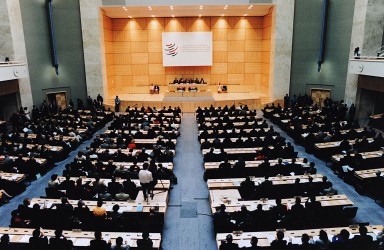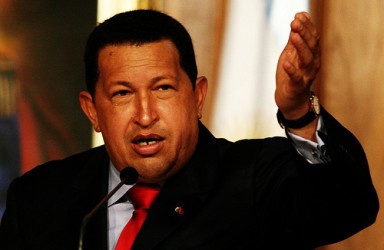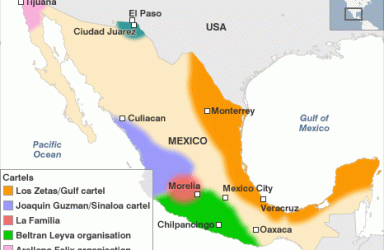To What Extent are Gangs Sources of Security or Insecurity in the Global South?
In certain communities, gangs may appear to be providers of security, while in others, their violent measures to achieve their goals generate fear for millions.
Negotiating the Convention on Cluster Munitions: Lessons Learnt
The Convention on Cluster Munitions is a model for future disarmament negotiations due to its patience and focus on humanitarianism and broad engagement.
What is the Principal Object of the International Legal System?
Individuals & organizations are increasingly gaining traction in a state-dominant international legal order, a piecemeal process that may result in a global constitution.
The WTO Has Failed as a Multilateral Agency in Promoting International Trade
Institutionally dominated by the powerful interests of Western elites, the WTO can never achieve real, substantial change or progress for developing nations.
The “Racialized” Construction of the Colombian Nation
The criollo elites in New Grenada crafted a complicated and sometimes contradictory ideological endeavor to organize the peoples and territories they aspired to rule.
The Arts as Healing Power in Transitional Justice
The arts may hold healing power in transitioning societies, as they provide a means for survivors of atrocities to deal with the past and tell their stories in a creative way.
The Rise of the Contemporary Left in Latin America
Neoliberal reforms, a changing workforce, and a dramatic economic downturn in the late 1990s led to a mass overthrow of rightwing incumbents and the ascendency of the left.
To What Extent Does History Determine the Foreign Policies Of the BRICS?
The BRICS today are undeniably concerned with creating multipolarity in a globalised world, but the extent to which historical conditions determine their foreign policies remains contested.
‘Do No Harm’ Revisited: Assessing the Challenges of Its Relevancy in Post-Earthquake Haiti
Though this study shows that Anderson’s ‘Do No Harm’ can identify the shortcomings in the provision of aid, it also stresses that it cannot be applied to every context.
Are Mexican Drug Cartels Transnational?
Mexican drug cartels have taken on many functions of the state, and should thus be analysed as political entities. Engaging with them in a political manner should help reduce violence.










